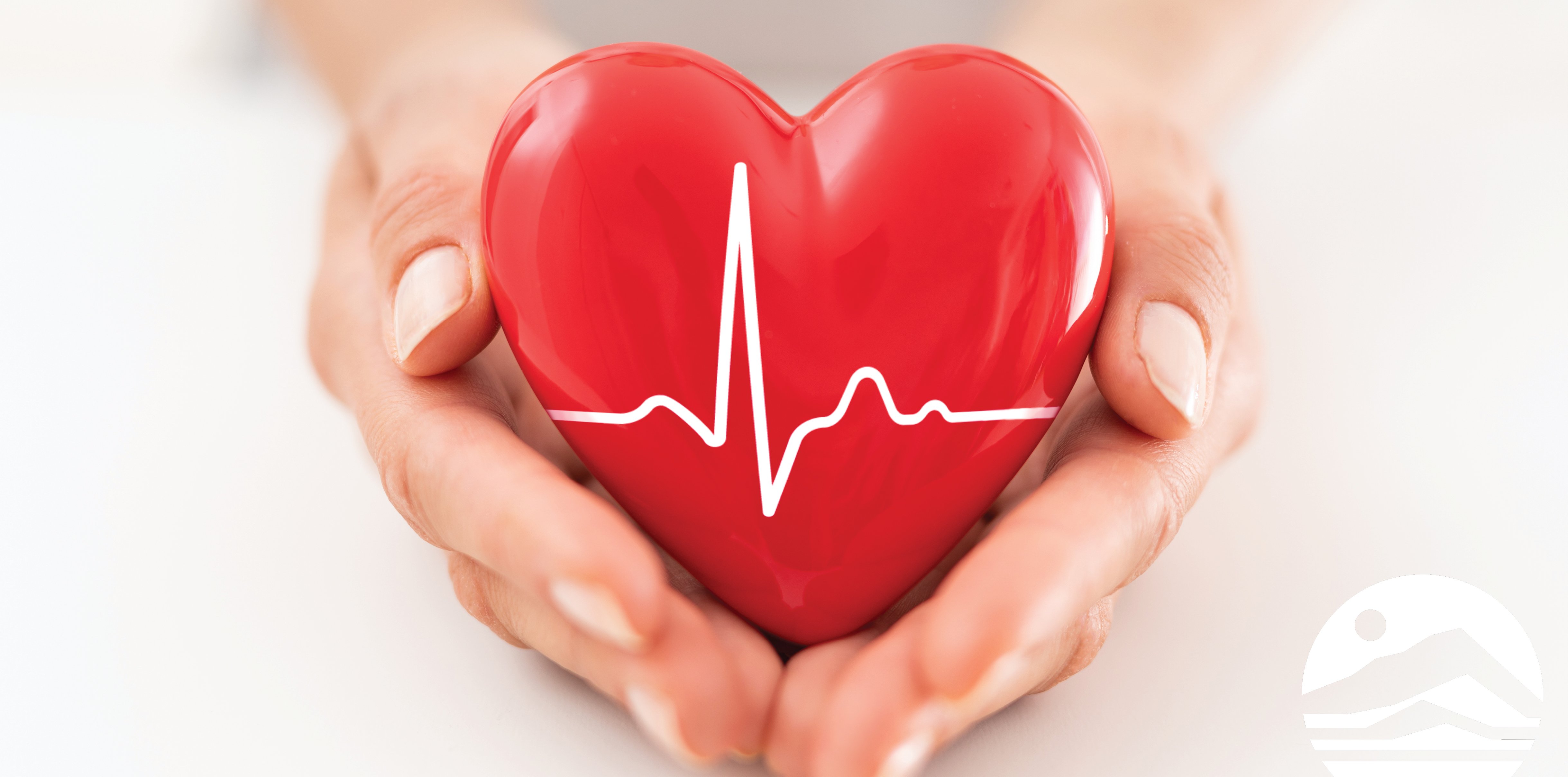Did you know that heart disease is the number one cause of death in the US? One person dies every 36 seconds from this condition.
The risk for heart disease increases with high blood pressure, high blood cholesterol, diabetes, being overweight, being inactive, unhealthy eating, smoking, and excessive alcohol consumption.
You can decrease the risk by eating healthy, being more active, quitting smoking, and drinking less alcohol. Here are some tips to keep your heart happy:
- Watch your portion sizes: try to use smaller plates and cups and avoid having seconds. Chew foods well and eat slowly to avoid overeating. Use measuring cups to visualize what a serving means.
- Eat more fruits & vegetables, as they have fewer calories, more nutrients, and fiber. They also help to reduce blood pressure and inflammation in the body. If you fill up your stomach with vegetables first, you will automatically eat less meat and other highly processed food.
- Choose whole grains, they have fiber and nutrients that help regulate blood pressure and heart health. Try steel-cut oats, bulgur, farro, quinoa, barley, or sorghum for whole grains.
- Eat healthy fats. In general, fats that are “hard” at room temperature are considered harmful to your cholesterol levels. They can be saturated fats (found in animal meats, dairy products, and coconut oil) or trans-fats (Crisco shortening). Limit saturated fats to less than 15 g a day. Try to eat lean meats (loin type, > 90% lean ground beef, chicken, or turkey breast), and try to include healthy fats that come in “liquid” form (oils), or fats from animals living in cold water like wild-caught fish.
- Limit the amount of salt (sodium) to 2,300 mg a day. Too much sodium can elevate blood pressure. Most Americans are getting an excessive amount of salt from processed foods (canned goods, premade foods, cured meats), and restaurant foods. Instead of salt, try using different herbs to spice your food.
- Limit simple sugar from dessert foods, baked goods, candy snacks, or sweetened beverages. They are more inflammatory and raise blood sugar and triglyceride levels. You can still eat a small amount of dessert, but try to eat it sporadically. Change your drinks to sugar-free.
- Be physically active: at least 30 minutes of exercise, 5 times per week. Try to do cardio, resistance training, and stretching exercises. Participate in sports, take group fitness classes, or work out with a Personal Trainer. You can find all of these options at The Alaska Club.
- Get enough sleep: Turn off the electronics before bedtime. You need 7-8 hours of sleep a night. Lack of sleep can release hormones that increase your hunger and trigger weight gain.
If this seems overwhelming, then start slow and add more over several months. Track your progress, and share with a friend, and/or find a workout buddy - both are great motivators.
3 Simple Ways to Eat Heart Healthy Snacks:
- Read labels and make sure that you don’t consume more than 200 calories per snack.
- Limit snacks to one a day.
- Avoid snacking after dinner.
Examples:
- 1 fruit with a few nuts
- 1 string cheese with veggies
- Veggies with hummus
- Whole-grain crackers with low-fat cheese, peanut butter, or avocado
- 1/2 cup of fruit with cottage cheese
- Greek yogurt
- 3 cups of plain popcorn
- Hard-boiled eggs
- Handful of nuts
- Carbonated, or flavored water
- Smoked salmon with a few high fiber crackers
- A cup of berries with sugar-free, fat-free whipping cream
- Low-fat milk or soymilk or almond milk with low sugar chocolate
“Changing a diet can be tough. Focus on one change at a time.”


